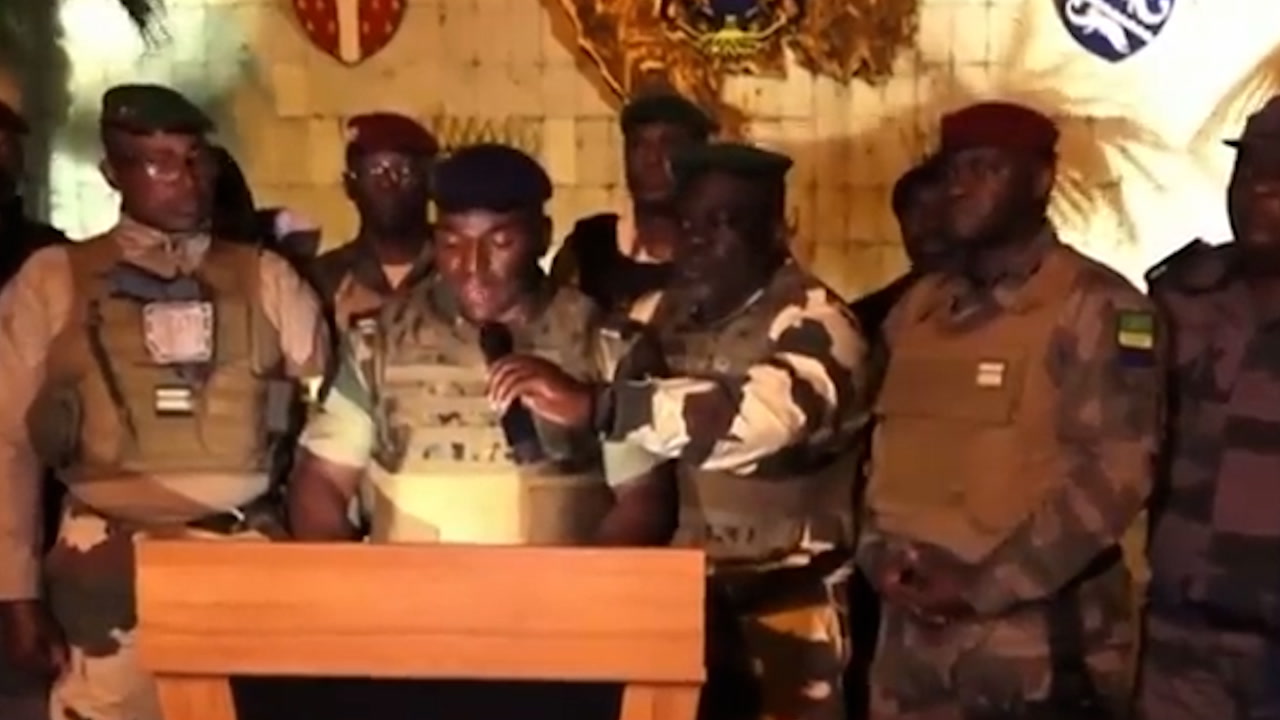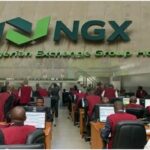
Gabon’s military coup sparked the steepest daily drop in its dollar bonds since the height of the COVID-19 pandemic on Wednesday, just weeks after the country carried out continental Africa’s first debt for nature swap.
A group of senior military officers in the Central African nation announced on TV in the early hours of Wednesday that they had taken control, minutes after the state election body announced that President Ali Bongo had won a third term, according to Reuters.
The 2025 maturity fell the most, by as much as 14 cents, before recovering to trade down 9.5 cents on the dollar at 83.41 cents at 1302 GMT.
The Head Of Macro Strategy at FIM Partners, Charlie Robertson, said, “That was still the biggest fall since the COVID-19 market rout of March 2020. Its two 2031 maturities were both down around seven cents.
“The immediate risk to bondholders is that sanctions are imposed that complicate things, potentially making payments to and from the country difficult.”
The coup, which if successful, would be the eighth in West and Central Africa since 2020, could exacerbate already poor access to finance for countries on the continent.
Amid rising interest rates and high debt, no African country had issued a new Eurobond in more than a year.
“The military takeover will force investors to reassess their interest in Gabon and the wider political landscape in the region,” Senior Africa analyst at risk intelligence company, Verisk Maplecroft, Maja Bovcon, said.
Tellimer, a research firm, also warned that multilateral and bilateral lenders could change or suspend concessional lending in response to the coup.
Meanwhile, shares in Gabon-exposed oil producers TotalEnergies Gabon and Maurel et Prom fell over 20 per cent at one point.
Gabon completed a $436m ‘debt for nature’ swap earlier in August where it exchanged parts of the 2025 and 2031 Eurobonds for a ‘blue bond’ maturing in 2038. That bond fell 1.91 cents on the dollar to 98.34 cents.
The blue bond, which was meant to generate savings for marine conservation, had political risk insurance from the US Development Finance Corporation.
The insurance could cover a full repayment in the event of default, subject to an arbitration, but the precise terms of the insurance were not made public at the time of the deal.




